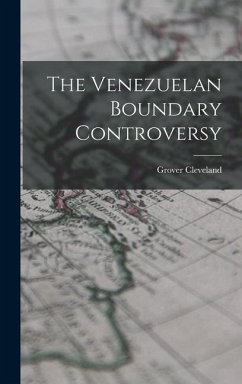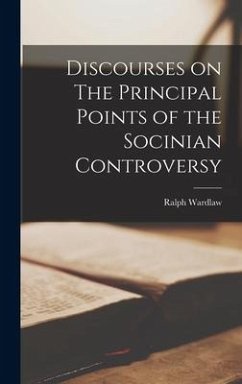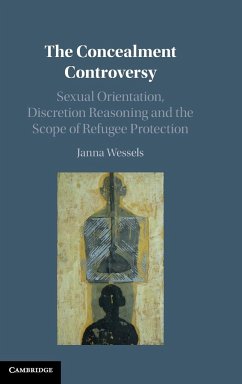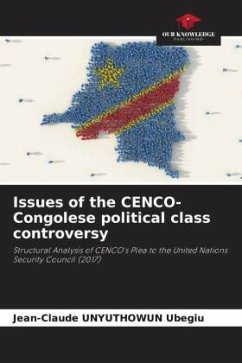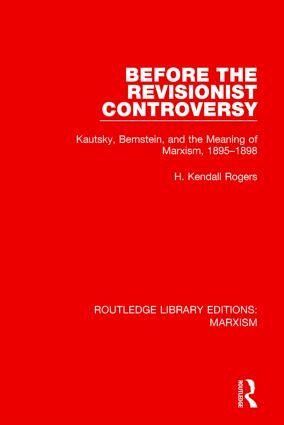
Before the Revisionist Controversy
Kautsky, Bernstein, and the Meaning of Marxism, 1895-1898
Versandkostenfrei!
Versandfertig in 1-2 Wochen
215,99 €
inkl. MwSt.

PAYBACK Punkte
108 °P sammeln!
In this book, first published in 1992, the author examines the polemic fought by German Social-Democratic Party leaders and intellectuals Karl Kautsky and Eduard Bernstein against what they perceived to be misunderstandings of Marxism propagated by members of the Social-Democratic Federation (SDF) in England and by the socialist leader Wilhelm Liebknecht in Germany. The debate raised basic questions of socialist theory, including whether the program of Marx and Engels called for scholarly study, parliamentary democracy, and gradual social evolution, or for Utopian speculation, economic collaps...
In this book, first published in 1992, the author examines the polemic fought by German Social-Democratic Party leaders and intellectuals Karl Kautsky and Eduard Bernstein against what they perceived to be misunderstandings of Marxism propagated by members of the Social-Democratic Federation (SDF) in England and by the socialist leader Wilhelm Liebknecht in Germany. The debate raised basic questions of socialist theory, including whether the program of Marx and Engels called for scholarly study, parliamentary democracy, and gradual social evolution, or for Utopian speculation, economic collapse, and violent rebellion.





